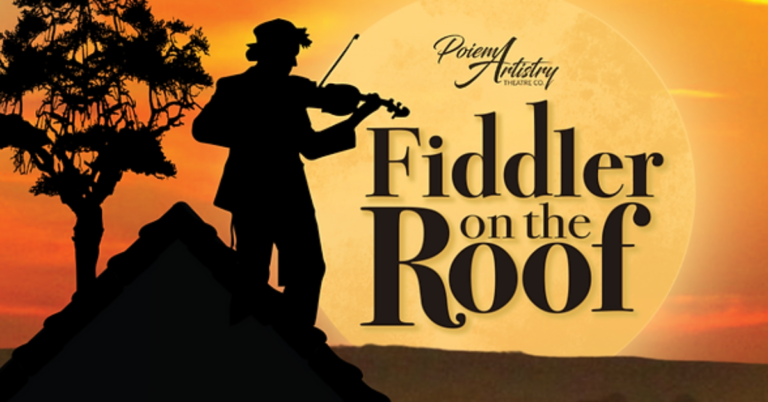Pianos have been a cornerstone of music for centuries, providing a wide range of expressive capabilities and being a staple in both classical and contemporary genres. For anyone looking to purchase a piano, whether for personal use, teaching, or performance, one of the first questions that arises is, “How much is a piano?” The answer to this question can vary significantly based on several factors, including the type of piano, brand, condition, and additional features.
Types of Pianos
1. Acoustic Pianos
Acoustic pianos are traditional instruments that produce sound through the mechanical action of hammers striking strings. They come in two main forms:
- Grand Pianos: Known for their rich sound and large size, grand pianos are often used in concert settings. Prices for new grand pianos can range from $7,000 to over $100,000, depending on the brand and craftsmanship. Entry-level models may start around $7,000, while high-end concert grand pianos can exceed $150,000.
- Upright Pianos: More compact than grand pianos, upright pianos are ideal for smaller spaces. They are generally less expensive, with prices typically ranging from $3,000 to $10,000 for new models. Used upright pianos can be found for as low as $500, depending on their condition and brand.
2. Digital Pianos
Digital pianos replicate the sound and feel of acoustic pianos using electronic components. They offer several advantages, such as portability and volume control, making them ideal for practice and performance in various settings.
- Portable Keyboards: These are the most affordable option, with prices ranging from $100 to $1,000. They are lightweight and often include a variety of sounds and rhythms, making them versatile for different music styles.
- Digital Pianos: A step up from portable keyboards, these instruments aim to replicate the feel of an acoustic piano more closely. Prices can range from $500 to $3,000, depending on features such as weighted keys and built-in speakers.
- Stage Pianos: Designed for live performances, stage pianos often feature professional-grade sounds and robust connectivity options. Prices typically range from $1,000 to $5,000.
Factors Affecting Piano Prices
Several factors influence the cost of a piano:
1. Brand
Reputable brands like Steinway & Sons, Yamaha, and Kawai tend to command higher prices due to their craftsmanship and reputation for quality. Lesser-known brands may offer more affordable options but might not provide the same level of durability or sound quality.
2. Condition
New pianos will generally be more expensive than used ones. When buying a used piano, condition is crucial. Factors like wear and tear, tuning stability, and the history of maintenance can significantly impact the price.
3. Materials and Craftsmanship
The quality of materials used in construction—such as the type of wood, the quality of the strings, and the intricacy of the craftsmanship—can greatly influence a piano’s price. For example, solid wood is generally preferred over laminated wood for higher-end pianos.
4. Size and Style
The size and style of the piano also play a role in pricing. Grand pianos are typically more expensive than upright pianos due to their size and sound capabilities.
5. Features
Digital pianos may offer a variety of features that can affect their price, including weighted keys, built-in recording capabilities, and connectivity options for computers and other devices.
Where to Buy a Piano
When considering a purchase, it’s essential to explore different avenues:
- Music Stores: Local music shops often have a range of new and used pianos, and purchasing from a reputable store can provide added assurance regarding the quality and warranty.
- Online Retailers: Websites like Amazon, Sweetwater, or specialized piano retailers can offer competitive prices and a wide selection. Always check reviews and return policies.
- Private Sellers: Classified ads, online marketplaces, and community boards can yield good deals on used pianos. Ensure you inspect the instrument and, if possible, have a knowledgeable person assess its condition before buying.



